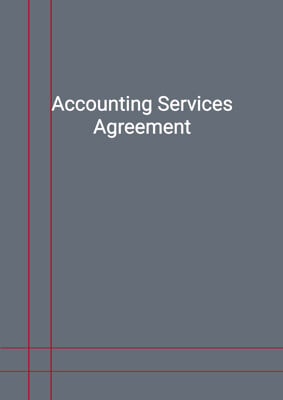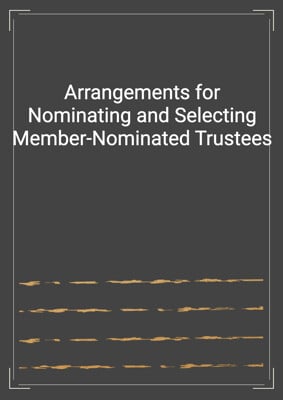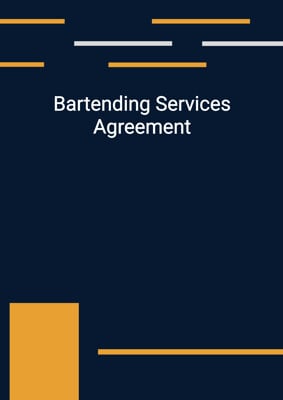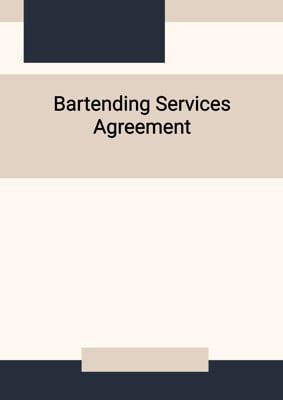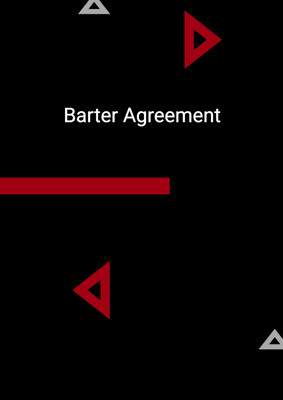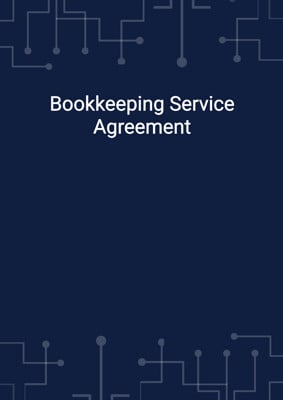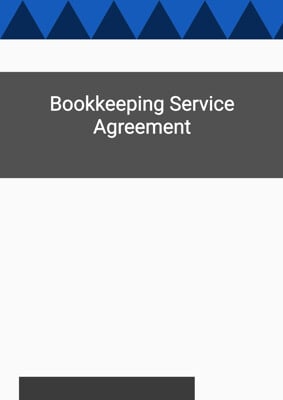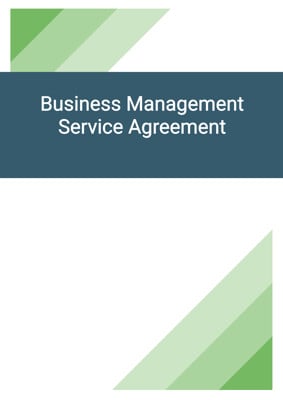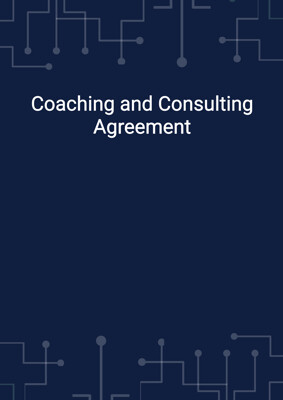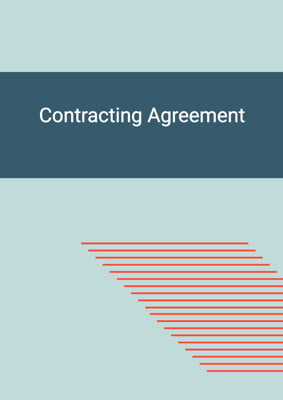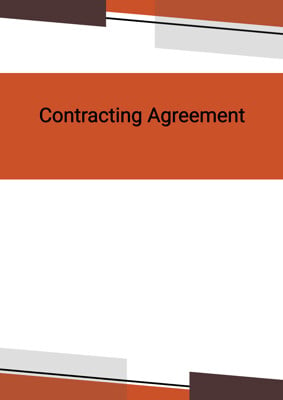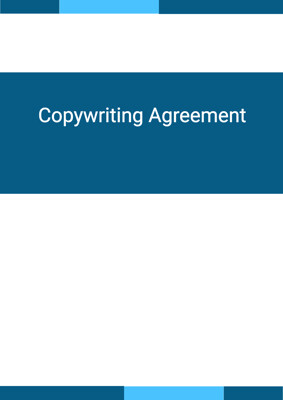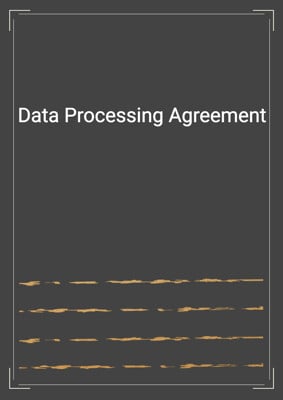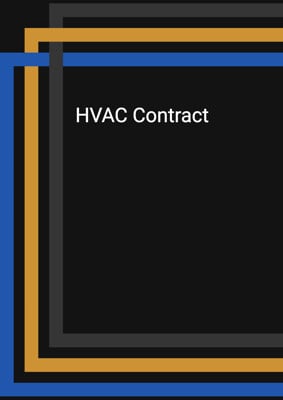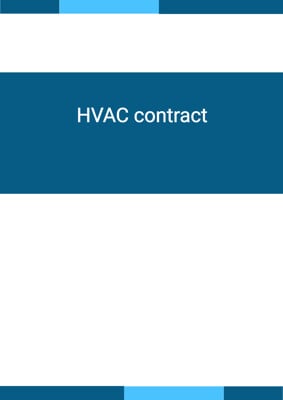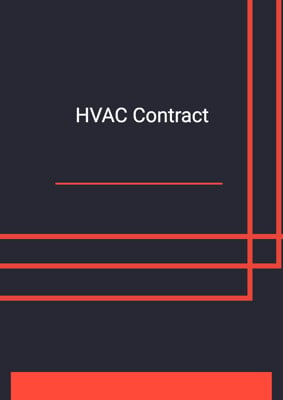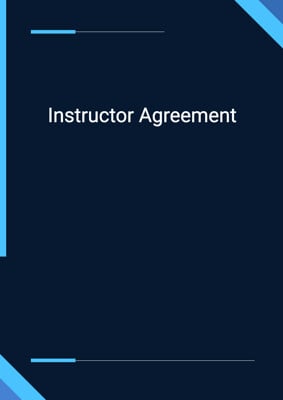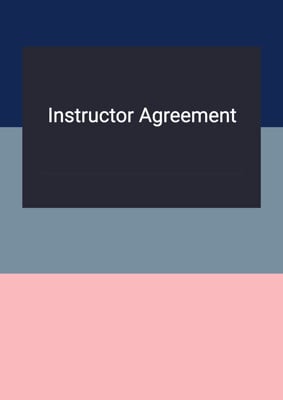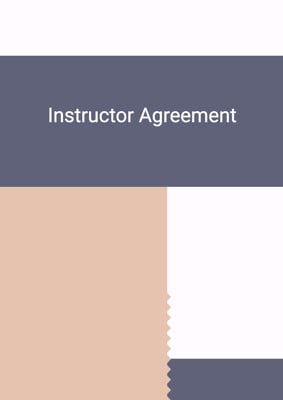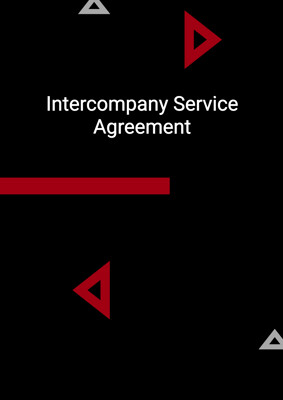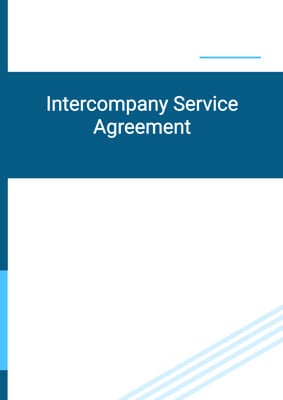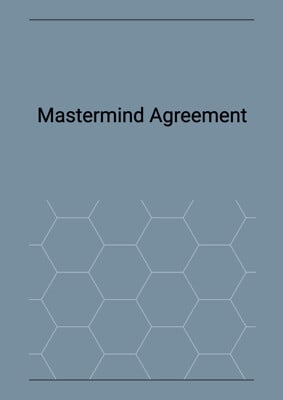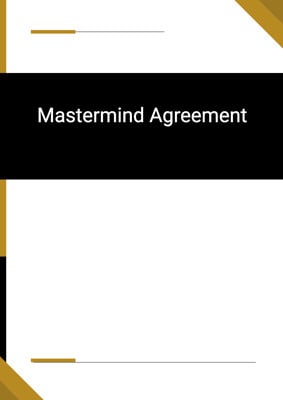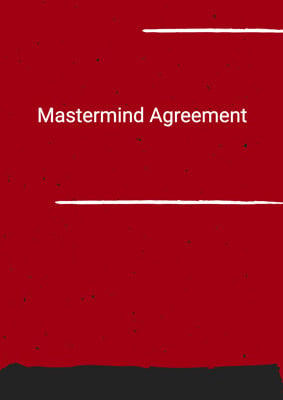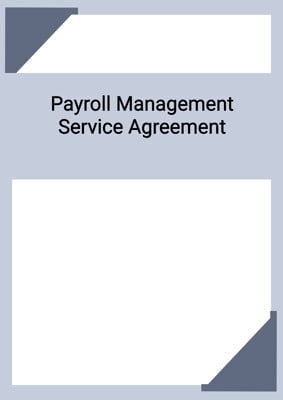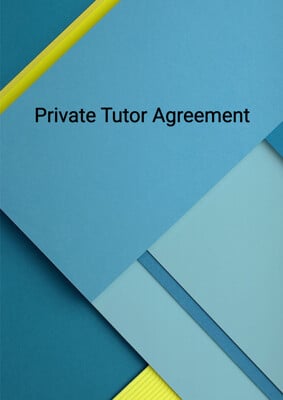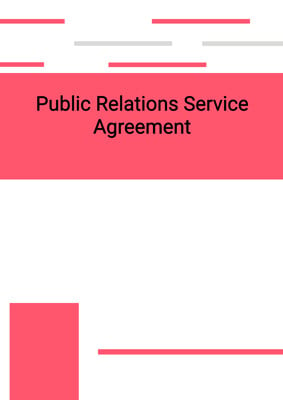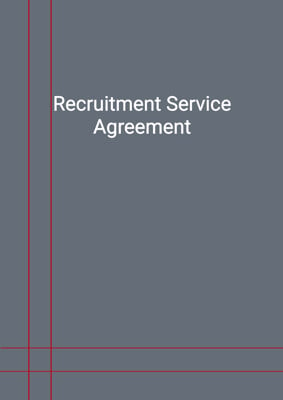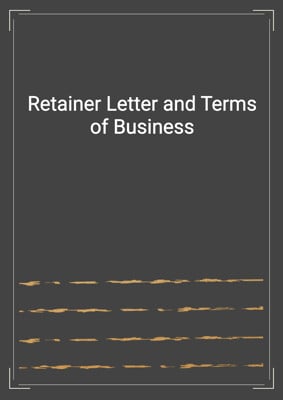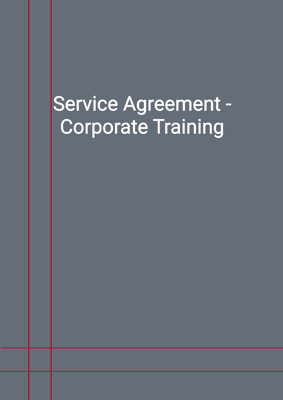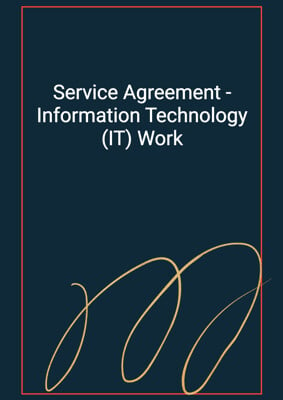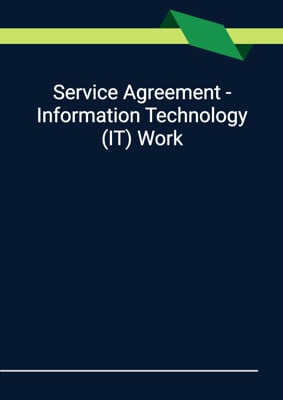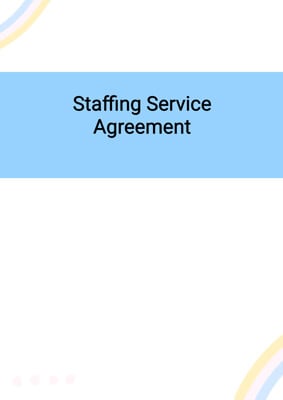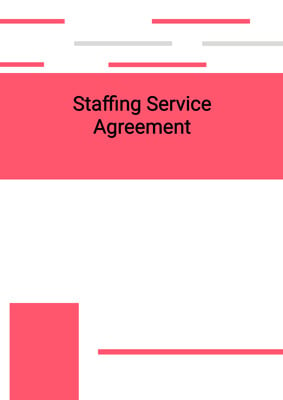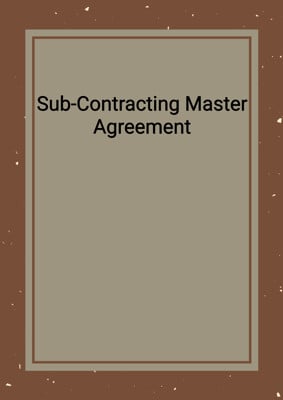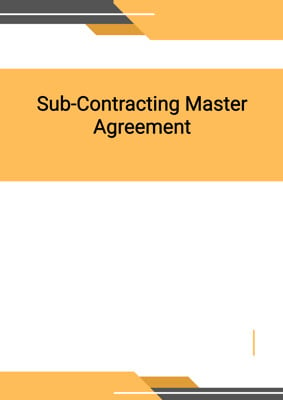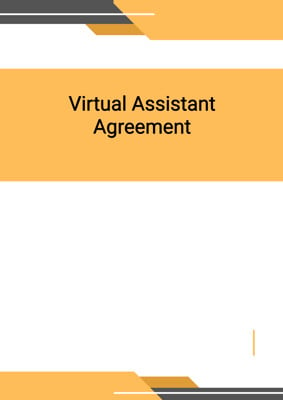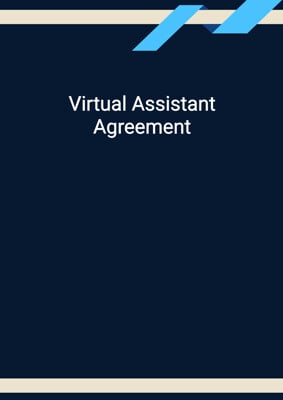How to Tailor the Document for Your Need?
01
Create Document
Fill in the details of the parties. You can click the "Fill with Member’s Information" button to complete it with information saved to your account.
02
Fill Information
Please fill in any additional information by following the step-by-step guide on the left hand side of the preview document and click the "Next" button.
03
Get Document
When you are done, click the "Get Document" button and you can download the document in Word or PDF format.
04
Review Document
Please get all parties to review the document carefully and make any final modifications to ensure that the details are correct before signing the document.
Document Preview
Document Description
The Private Tutor Agreement is a legally binding document that outlines the terms and conditions between a private tutor and a client who wishes to receive tutoring services. The agreement begins by highlighting the importance of the document in establishing a clear understanding between the tutor and the client. It provides a detailed introduction to the entire document, explaining that the tutor is in the business of providing private tutoring services and the client wishes to receive such services.
The document is divided into several sections, each with its own detailed introduction. The first section, 'Scope of the Service,' outlines the specific tutoring services that will be provided by the tutor. It explains that the tutor will conduct tutoring sessions online using specified software and that the schedule of the sessions will be mutually agreed upon.
The second section, 'Tutor's Obligations,' outlines the responsibilities of the tutor. It states that the tutor agrees to provide the services in a professional and diligent manner, complying with all applicable laws and regulations. It also highlights the tutor's commitment to keeping the client's education information confidential.
The third section, 'Service Fees,' explains the payment terms for the tutoring services. It states that the client shall pay the tutor a service fee in consideration for the services rendered. It outlines the invoicing process, late payment charges, and dispute resolution procedures.
The fourth section, 'Cancellation Policy and Late Arrival,' addresses the procedures for canceling tutoring sessions and the consequences of late arrival. It states that the client may cancel a session by giving prior notice to the tutor, and the tutor may also cancel sessions with notice to the client. It also explains that no adjustment to fees shall be made for time lost due to late arrival by the client, but the session may be extended if the tutor is late.
The fifth section, 'Warranties and Indemnities,' outlines the rights and responsibilities of both parties in relation to the quality of the services provided. It states that the client should promptly report any defects in the tutor's performance and that the tutor will make efforts to rectify any defaults. It also includes provisions regarding liability, indemnification, and limitations of the tutor's obligations.
The sixth section, 'Term and Termination,' explains the duration of the agreement and the circumstances under which either party may terminate it. It states that the tutor may terminate the agreement with one month's written notice, and either party may terminate the agreement in certain specified circumstances.
The seventh section, 'Confidential Information,' emphasizes the confidentiality of the agreement and the tutor's services. It states that the client shall not disclose any information related to the agreement and the tutor's services without written permission, and such disclosure would be considered a material breach of the agreement.
The eighth section, 'Independent Contractor,' clarifies the relationship between the tutor and the client as an independent contractor arrangement. It states that neither party has the authority to act on behalf of the other party.
The ninth section, 'Amendment,' explains the requirements for making changes to the agreement. It states that any variation of the agreement must be in writing and signed by the parties.
The tenth section, 'Assignment,' prohibits the assignment or subcontracting of the agreement without the written consent of the other party.
The eleventh section, 'Severability,' addresses the enforceability of the agreement in case any provision is deemed illegal, void, or unenforceable. It states that the parties will negotiate in good faith to agree on a valid substitute provision.
The twelfth section, 'Further Assurance,' requires the parties to perform any further acts or execute additional documents necessary to implement the agreement.
The thirteenth section, 'Warranty of Capacity and Power,' includes representations and warranties by each party regarding their authority and capacity to enter into and carry out the obligations under the agreement.
The fourteenth section, 'Force Majeure,' states that none of the parties shall be liable for any failure or delay in performing their obligations under the agreement due to causes beyond their reasonable control.
The fifteenth section, 'No Rights Under Contracts for Third Parties,' clarifies that third parties have no right to enforce any terms of the agreement.
The sixteenth section, 'Dispute Resolution,' encourages the parties to resolve any disputes amicably and in good faith.
The seventeenth section, 'Notices and Service,' explains the methods and timings for serving notices between the parties. It includes provisions for delivery by hand, email, or post.
The eighteenth section, 'Counterparts,' allows the agreement to be executed in multiple counterparts, with each counterpart considered an original.
The detailed description provides a comprehensive overview of each section of the Private Tutor Agreement, highlighting the importance and purpose of each section.
How to use this document?
To use the Private Tutor Agreement, follow these steps:
1. Provide information: Enter the names and mailing addresses of both parties in the agreement, including their principal place of business. This ensures that both parties are clearly identified.
2. Specify the type of client: If the client is a minor, indicate this in the agreement and include the name and address of the subscriber who is contracting on behalf of the minor. If the client is not a minor, simply provide the client's name and address.
3. Describe the services: Clearly describe the private tutoring services to be provided by the tutor. Include details such as the subjects or topics to be covered and any specific requirements or preferences.
4. Agree on the session format: Specify whether the tutoring sessions will be conducted online or in-person. If online, mention the software or platform to be used and indicate that the client is responsible for installing the necessary software.
5. Determine the session schedule: Mutually agree upon the schedule of the tutoring sessions in writing. This ensures that both parties are aware of the agreed-upon dates and times.
6. Outline the tutor's obligations: Specify the tutor's responsibilities, including providing the services in a professional and diligent manner, complying with applicable laws and regulations, and maintaining confidentiality.
7. Discuss service fees: Determine the service fee to be paid by the client for the tutoring services. Include the currency and the payment schedule, as well as any late payment charges.
8. Address cancellation and late arrival: Establish the cancellation policy, allowing the client to cancel sessions with prior notice and outlining the consequences of late arrival. Specify that no adjustment to fees will be made for time lost due to late arrival by the client.
9. Clarify warranties and indemnities: Explain the client's obligation to promptly report any defects in the tutor's performance and the tutor's commitment to rectify any defaults. Include provisions regarding liability, indemnification, and limitations of the tutor's obligations.
10. Determine the term and termination: Agree on the duration of the agreement, whether for a fixed period or until the completion of the services. Specify the conditions under which either party may terminate the agreement.
11. Maintain confidentiality: Emphasize the confidentiality of the agreement and the tutor's services. State that the client shall not disclose any information without written permission, and such disclosure would be considered a material breach of the agreement.
12. Understand the independent contractor relationship: Clarify that the tutor is an independent contractor and that neither party has the authority to act on behalf of the other.
13. Allow for amendments: Specify that any changes to the agreement must be in writing and signed by the parties.
14. Prohibit assignment: State that the agreement cannot be assigned or subcontracted without the written consent of the other party.
15. Address dispute resolution: Encourage the parties to resolve any disputes amicably and in good faith.
16. Serve notices properly: Follow the specified methods and timings for serving notices between the parties, whether by hand, email, or post.
17. Keep counterparts: Understand that the agreement may be executed in multiple counterparts, with each counterpart considered an original.
By following these steps, you can effectively use the Private Tutor Agreement to establish a clear understanding between the tutor and the client and ensure that both parties are aware of their rights and responsibilities.
Not the right document?
Don’t worry, we have thousands of documents for you to choose from:

